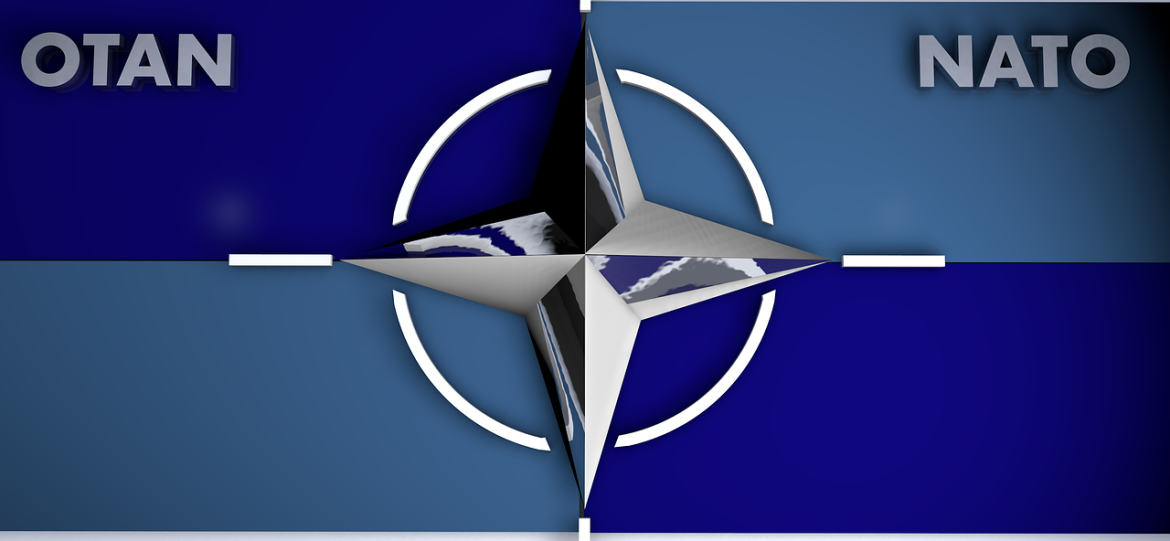Washington, DC – The recent rebellion led by the head of the Wagner Group against the Kremlin highlights the vulnerability of Russian President Vladimir Putin’s regime, according to NATO Secretary General Jens Stoltenberg. Stoltenberg emphasized that the events also shed light on the challenges and risks Putin faces when relying on mercenaries in his ongoing conflict with Ukraine. The Wagner Group’s leader initiated an armed rebellion against Russia over the weekend, instructing his forces to retreat from the Ukrainian front lines and march towards Moscow. However, he later changed course and reached a deal to relocate his soldiers to Belarus, where they would be granted amnesty.
The rebellion orchestrated by the head of the Wagner Group has captured international attention, revealing cracks within Putin’s regime and showcasing the limitations of relying on mercenaries for military operations. While the initial march towards Moscow raised concerns about the potential destabilization of the Russian government, the subsequent agreement to move the rebel forces to Belarus provided a temporary resolution to the crisis.
NATO Secretary General Jens Stoltenberg emphasized the significance of the rebellion, noting that it exposed the vulnerabilities and weaknesses of Putin’s regime. Stoltenberg further highlighted the inherent dangers and complexities associated with employing mercenaries in conflicts, particularly in the ongoing war between Russia and Ukraine.
The Wagner Group, a private military company with alleged ties to the Russian government, has been involved in various military operations, including its role in the conflict in Ukraine. The recent rebellion, marked by the group’s leader directing his troops towards Moscow before negotiating a deal to relocate to Belarus, has drawn attention to the evolving dynamics within the region.
The decision to retreat and seek amnesty in Belarus underscores the intricate geopolitical landscape and the complexities surrounding the conflict. Belarus, a neighboring country with close ties to Russia, has offered a temporary solution by granting amnesty to the rebel soldiers. This development may provide a breathing space for all parties involved, while also potentially leading to further negotiations or diplomatic initiatives to address the underlying issues.
As the situation continues to unfold, the international community remains vigilant, closely monitoring the developments and their potential ramifications. The rebellion’s aftermath serves as a reminder of the delicate balance of power in the region and the broader implications for regional stability.
The events surrounding the Wagner Rebellion highlight the multifaceted challenges faced by Putin’s regime and the potential weaknesses that can be exploited. It also underscores the complexities of using mercenaries in armed conflicts and the risks associated with relying on such actors.
Moving forward, the international community, including NATO and its member states, will continue to assess the situation and coordinate efforts to support Ukraine and uphold regional stability. The rebellion serves as a stark reminder of the ongoing tensions and the need for diplomatic solutions to prevent further escalation and find a lasting resolution to the conflict.



